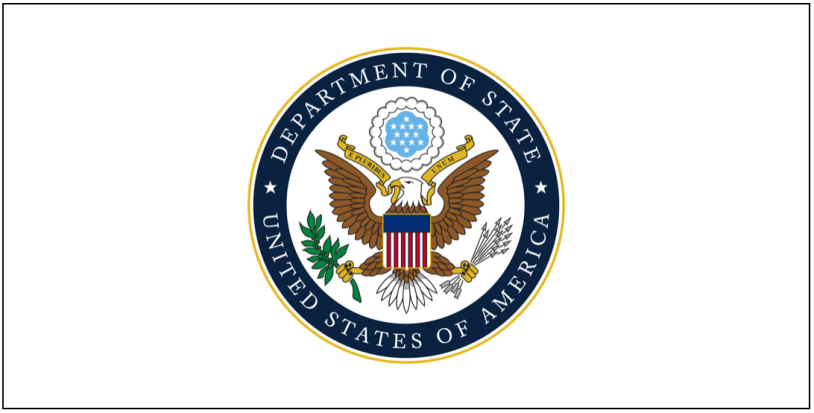…
MODERATOR: Thank you. Our next question comes from Chan Thul Prak at Kiripost in Cambodia, who asks: “How do you respond to past remarks by Cambodian leaders that AUKUS is a threat to the region, that it is a dangerous arms race? This has been a concern by Cambodia, which is a close ally with China. Cambodia objected to the coming of nuclear-powered submarines to the region.” Over.
UNDER SECRETARY JENKINS: Well, a couple things. As we’ve said several times, we are focused on safety and freedom of navigation and those things in the Indo-Pacific, and those are a fundamental reason why we are engaged on these issues and doing this trilateral. As I said, one of the things we want to do is be very transparent and talking with countries in the region to hear their concerns, to be – and for us – and I say here again I thank Australia because they’ve been very good at this – explaining to countries in the region about why we’re doing this. And it’s not at all to create a problem. We’re trying to help to – help the safety and security of the region and countries, and that Australia is not going to develop a nuclear weapon; as I said, they’re going to have a nuclear-powered submarine, which is allowed under the Nuclear Nonproliferation Treaty.
So we’re not creating new nuclear weapons. We’re not creating new nuclear states by doing this. And so I just want to just be – just want to make that very clear, and this is something that we’re going to keep talking to countries in the region because we know there’s also some incorrect information out there about the purpose of AUKUS and what we’re trying to do. And it’s very important that countries understand that this is not to create a race, to create any kind of arms races. As I said, nuclear-powered submarines are allowed under the Nuclear Nonproliferation Treaty, and Australia is not going to become a nuclear weapons state and they’re not going to be able to use the nuclear-powered submarines to develop a nuclear weapon either because if they tried to do that, the whole submarine would not work anymore.
So these are things that we want to make very clear to countries. And lastly, I just want to highlight, as I said earlier, the great work that we’re doing with the International Atomic Energy Agency to make sure that we are doing everything to have the highest nonproliferation standards in what we’re trying to do.
MODERATOR: Okay, next we have questions from Dileepa Fonseka at BusinessDesk in New Zealand, who asks: “Is AUKUS Pillar II considered to be a military alliance? And what benefits will AUKUS Pillar II potentially deliver members beyond what they might already get from Five Eyes membership?”
UNDER SECRETARY JENKINS: Well, I think the thing about it is these are emerging technologies in Pillar II. I mean, these are things that are developing, so that it’s a very exciting prospect to think the three countries and other countries who might be involved will be developing new technologies together that could be interoperable and connected. And so it’s not only having the three countries who can use their knowledge and experience from the military and also from academia and from industry, who are all going to be part of this, working together to develop new technologies that can be interoperable.
And so of course there’s the military side of it, but there’s also academia. As I said, we’re going to be – we have universities amongst the three countries who are already starting to work together. We’re talking to our young people about it because AUKUS is going to be a 70-, 80-year process, so the next two generations working on it. So it’s really going to be government, industry, academia, military all working together on these new technologies.
So yeah, you can see part of it’s military, but part of it is also a lot more in terms of what we’re going to be able to do in terms of students who are in STEM who can get involved in this kind of work. So, and then of course we can bring in more countries that can also benefit from that. They can also share in that and they can also be part of this interoperability that we have. And so it will build on whatever existing relationships that are out there amongst the countries who are part of it.
###
Source: U.S. Department of State
Speaker: Ambassador Bonnie Denise Jenkins, Under Secretary for Arms Control and International Security
Format: Digital Press Briefing

